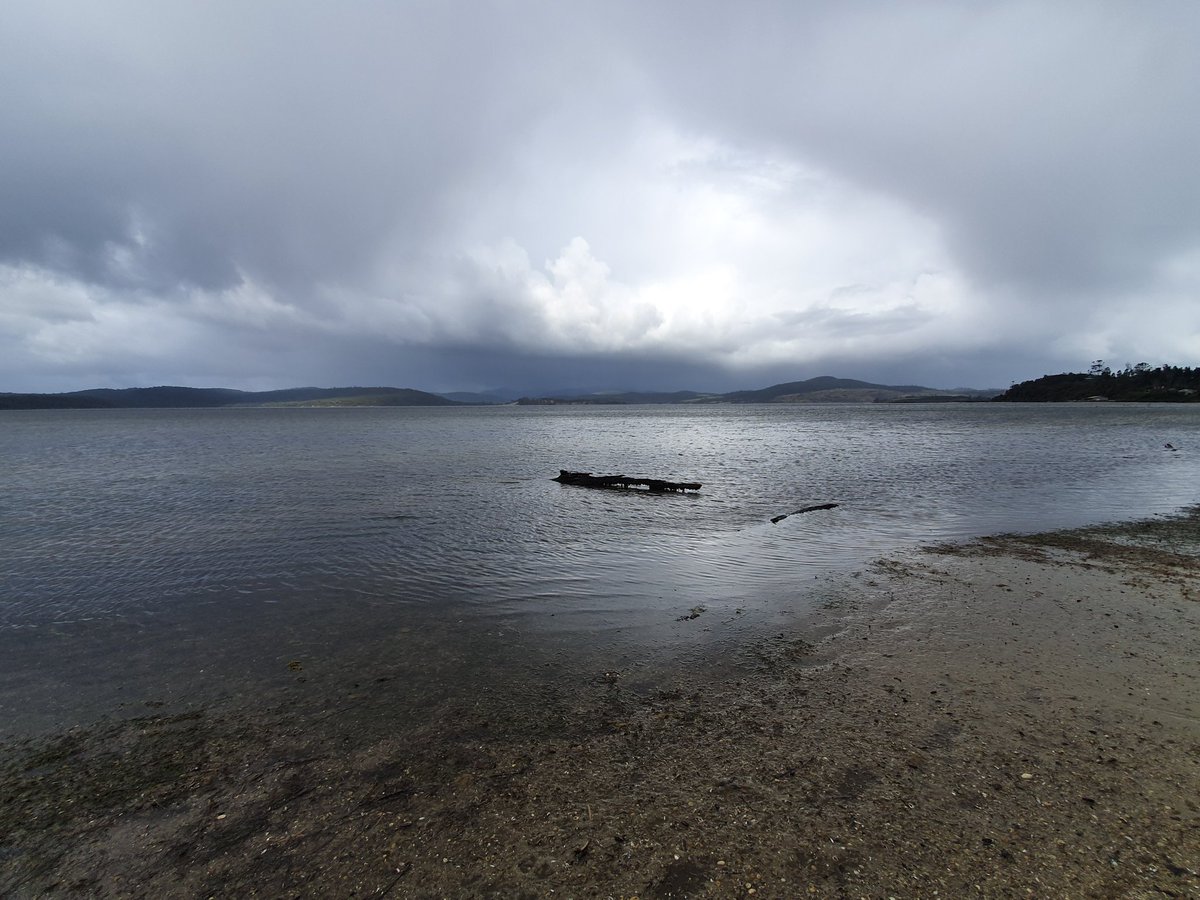
How cosmopolitan was early 17th century Java?
This is first, brief, written account of Australia:
gutenberg.net.au/ebooks06/06006…

This is first, brief, written account of Australia:
gutenberg.net.au/ebooks06/06006…


We have an English captain in Java, picking up gossip from an eastern Indian trader ("Cling-man", from Kalinga), in a Javanese junk carrying Maluku spices to sell to a Gujarati trader, about the activities of a Dutch sailor exploring New Guinea and bumping into Australia instead.
The author of this passage was also one of the first Europeans to visit Japan.
Oh and one more thing, the Kalinga man's first name Nockhoda seems to be derived from a Persian word meaning "ship's captain".
• • •
Missing some Tweet in this thread? You can try to
force a refresh

















